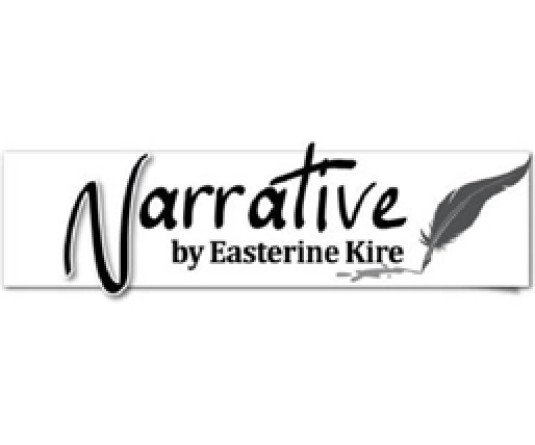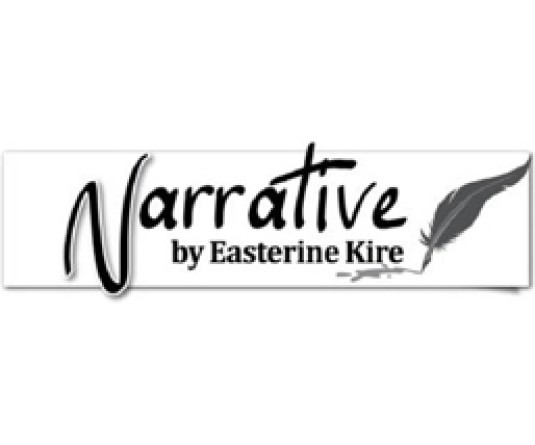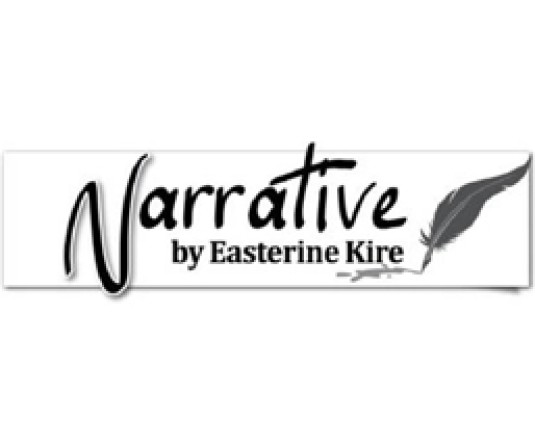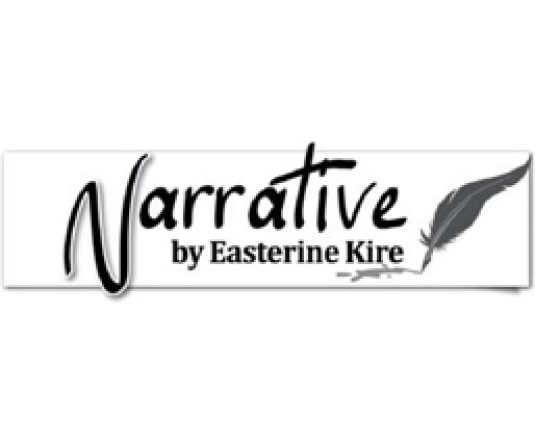
Easterine Kire
What does editing do to your writing? I have often encountered people who write articles or full-length books who have a fear of editing. It is rooted in a wrong belief that editing means chunks of your work will be deleted. Not true. If that happens, you can be sure something is not right.
We are going through a period of our history when the maximum amount of writing is happening. Biographies, political history books, volumes of poetry, tomes of scholarly work, memoirs and creative writing texts are being churned out by Nagas. Wonderful. Keep it coming. But the printed word is totally unforgiving. Errors and typos become permanent smears on any written work if allowed to go to print. Unless you are Shashi Tharoor, we can safely assume that your writing will need some level of editing. At the big publishing houses, every book is assigned an editor, and the contribution an editor can bring to a book is tremendous. It makes the difference between shoddy writing and good writing. It makes all the difference to readability, and by default, sales.
A good editor is like a diamond cutter. A manuscript may arrive in a very rough form, truly a diamond in the rough. But the editor worth his salt can discern the value that is present even in a very crudely written story. Then on, it is a matter of polishing the language in a very restrained manner and making the text readable. Polishing language is a hard task: the editor has to maintain a balance of letting the writer’s unique personality shine through while whittling away the many grammatical errors and other excesses that could take away from the writing. Keeping the originality intact is very much part of the job. It is about letting the voice of the writer shine through. Again, not easy, but still doable.
However, let’s admit it, English is not our mother tongue, even though the variety of English we use is quaint and very nativised to our particular usage. We speak Naga English and we have no trouble understanding each other on that level. The joke about the Naga host who invited his dinner guests to ‘eat, eat shamelessly’ has done its rounds but is still funny at the next retelling. There are actually so many English words we use out of context and give it a new identity that expresses Naga culture, and Naga emotions. But when it comes to writing, it doesn’t work so well to write in Naga English because we risk being misunderstood. It certainly does not work to express emotional experiences in Naga English.
In the Indian constitution, English is listed as an Indian language. Possibly taking advantage of that, so many Indianised terms have crept into the colonial language. Indian English also has this peculiar way of using the word ‘avail’ as for example an employee asking to avail some leave. A complete change of the original meaning of the word has taken place and using the word in this manner would make it unrecognisable to an English speaker. Another amusing example of Indian English terms is the word, ‘co-brother in-law’ referring to the man who married your sister-in-law. No such term exists in English usage.
Anyway, back to what editing does do. The best of editors spend time with the text, trying to decipher what the writer wants to convey, and helping him convey it in the clearest way possible. A good editor releases a text from unnecessary convolutions that the writer has inveigled himself in. Because the tricky thing about English as a language is that if you don’t state things simply, you are going to get yourself into various complications where the meaning of your statement is concerned. Keep it simple, keep it duty-free.
Editing is hard work; it is harder than writing. This is why good editors charge what seem high rates to a first-time user. But the results can be remarkable. The change editing makes to a mediocre text is well worth the fee.






